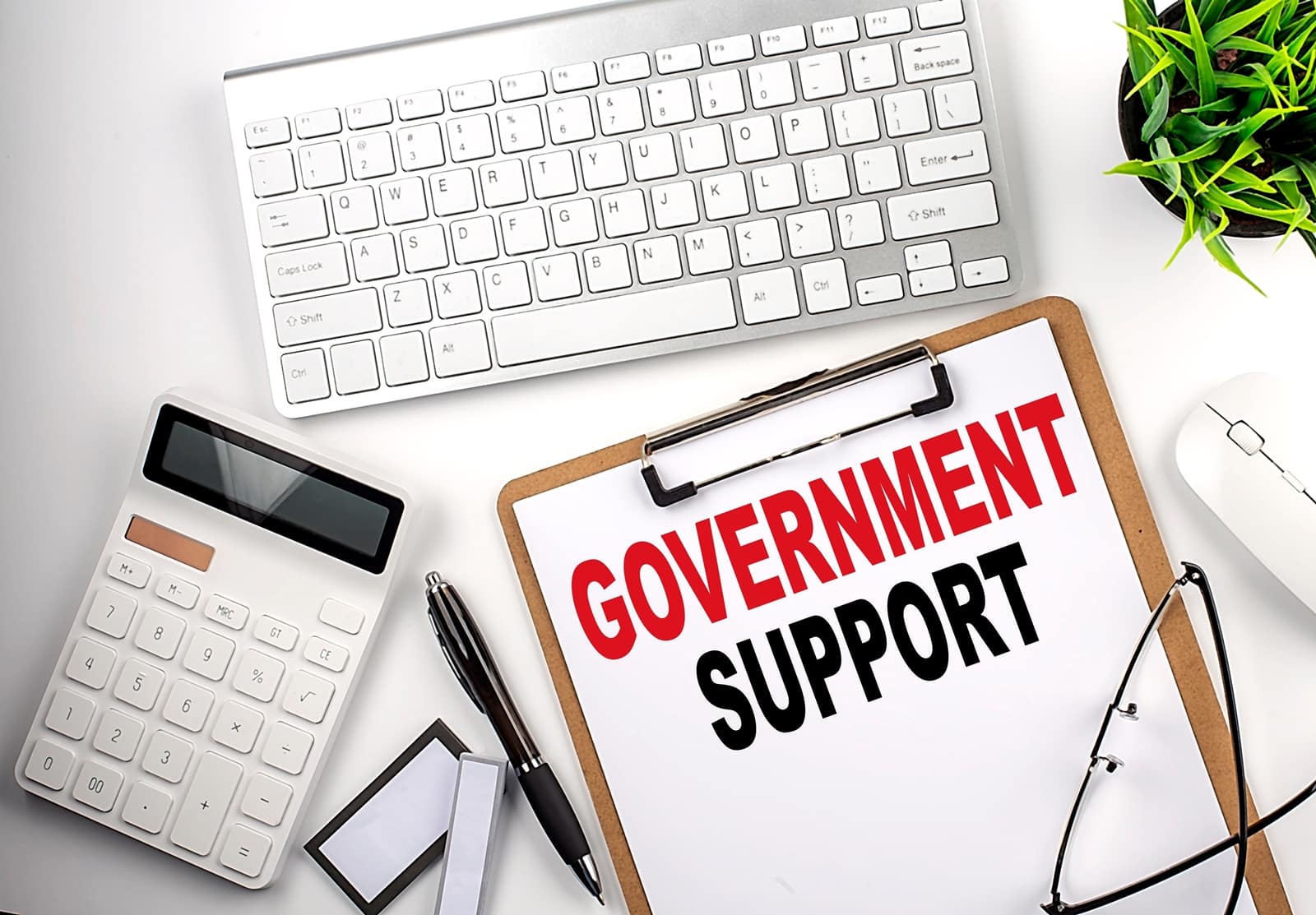In times of economic uncertainty, it’s crucial to fortify your household against potential financial storms. But where do you start? Here are 20 practical steps to help you and your loved ones navigate through a recession with resilience and confidence.
#1. Build an Emergency Fund

Establish a savings buffer equivalent to at least three to six months’ worth of living expenses. This fund will serve as your financial safety net in case of unexpected job loss or financial setbacks.
#2. Review and Trim Expenses

Analyze your monthly expenditures and identify areas where you can cut back. Cancel unnecessary subscriptions, dine out less frequently, and prioritize spending on essentials.
#3. Diversify Income Streams

Relying solely on one source of income can leave you vulnerable during a recession. Explore opportunities to generate additional revenue, such as freelance work, part-time gigs, or rental income.
#4. Pay Down Debt

Reduce your debt burden by paying off high-interest loans and credit card balances as aggressively as possible. Lowering your debt load will alleviate financial strain during tough times.
#5. Invest Wisely

Review your investment portfolio with a long-term perspective in mind. Consider reallocating assets to more stable options, such as bonds or diversified index funds, to mitigate risk.
#6. Enhance Job Skills

Invest in education and training to improve your skill set and marketability in the workforce. Upskilling can enhance job security and increase your earning potential in a competitive job market.
#7. Secure Health Insurance

Ensure that you and your family have adequate health insurance coverage to safeguard against unexpected medical expenses. Explore options for affordable healthcare plans and preventive care services.
#8. Stockpile Essentials

Gradually build a stockpile of essential goods, such as non-perishable food items, toiletries, and household supplies. Having a reserve can help offset price fluctuations and supply chain disruptions.
#9. Review Insurance Policies

Review your insurance policies, including homeowners, auto, and life insurance, to ensure adequate coverage. Consider adjusting deductibles and premiums to optimize protection while minimizing costs.
#10. Create a Budget

Develop a detailed budget that outlines your income, expenses, and savings goals. Track your spending habits to identify areas where you can make adjustments and allocate resources more effectively.
#11. Foster Community Connections

Strengthen ties with neighbors, friends, and community organizations to establish a support network during challenging times. Collaborate on cost-saving initiatives, share resources, and offer mutual assistance when needed.
#12. Embrace Frugality

Practice frugal living by adopting thrifty habits and embracing simplicity. Cook meals at home, shop for bargains, and repurpose items to reduce waste and stretch your budget further.
#13. Assess Housing Options

Evaluate your housing situation and explore alternative arrangements, such as downsizing, renting out unused space, or refinancing your mortgage. Adjusting housing costs can free up funds for other priorities.
#14. Prioritize Mental Health

Invest in self-care practices and seek support for mental health concerns during times of stress. Maintain open communication with loved ones and access affordable counseling or therapy services if needed.
#15. Plan for Contingencies

Develop contingency plans for potential financial emergencies, such as job loss or major expenses. Set aside funds in a separate account designated for emergencies only.
#16. Monitor Economic Indicators

Stay informed about economic trends and indicators to anticipate potential challenges and opportunities. Adjust your financial strategy accordingly to adapt to changing market conditions.
#17. Explore Government Assistance Programs

Research eligibility criteria for government assistance programs, such as unemployment benefits, food assistance, and housing subsidies. Take advantage of available resources to alleviate financial strain.
#18. Reduce Energy Consumption

Lower your utility bills by implementing energy-saving measures, such as weatherproofing your home, using programmable thermostats, and switching to energy-efficient appliances.
#19. Foster Financial Literacy

Educate yourself and your family members about personal finance principles and strategies for managing money wisely. Empower yourself with knowledge to make informed financial decisions.
#20. Maintain a Positive Outlook

Stay resilient and maintain a positive mindset in the face of financial challenges. Focus on what you can control, adapt to changing circumstances, and remain optimistic about the future.
Strengthening Financial Resilience

By taking proactive steps to prepare your home and family for a financial recession, you can enhance your financial resilience and weather economic downturns with greater confidence. Remember, resilience is not just about surviving adversity but thriving in spite of it. So, roll up your sleeves, implement these strategies, and fortify your financial foundation for the road ahead.
Remote No More: 19 Companies Returning to the Office

As the pandemic wanes, companies are recalling remote workers back to the office, sparking debates on fairness, costs, and convenience. However, there are also notable productivity, coworking, and mental health benefits to consider. Feeling the effects of these changes? Remote No More: 19 Companies Returning to the Office
8 Costco Must Buys and 8 to Leave Behind

Ever wandered Costco’s aisles, questioning if that giant jar of pickles is a real bargain? Or debated buying tires where you get your rotisserie chicken? Welcome to the definitive guide to Costco shopping—a journey to save money, prevent regrets, and offer quirky insights into bulk buying. 8 Costco Must Buys and 8 to Leave Behind
23 Reasons Texas Is the Next Big Thing

Texas is becoming a beacon of opportunity, blending cultural heritage with economic growth. From its landscapes to its industries, the Lone Star State offers a dynamic lifestyle. Here are 23 reasons why Texas stands out, attracting entrepreneurs, artists, tech professionals, and families seeking new beginnings. 23 Reasons Texas Is the Next Big Thing
15 Top Sites to Sell Your Unwanted Goods Besides Craigslist

Selling your unwanted items can declutter your space and boost your income. While Craigslist is popular, there are many alternatives with unique features and wider audiences. Explore these 15 Craigslist alternatives for selling everything from furniture to electronics, finding the perfect platform to turn clutter into cash. 15 Top Sites to Sell Your Unwanted Goods Besides Craigslist
Work from Anywhere: 19 Companies Still Supporting Remote Work

Tired of commuting and craving work flexibility? You’re not alone. Many companies now offer remote work, benefiting both employees and employers. Ever wondered how this shift could enhance your work-life balance? Work from Anywhere: 19 Companies Still Supporting Remote Work
The post – How to Bulletproof Your Household Finances in 20 Steps – first appeared on Career Step Up.
Featured Image Credit: Shutterstock / BearFotos.
The content of this article is for informational purposes only and does not constitute or replace professional financial advice.
For transparency, this content was partly developed with AI assistance and carefully curated by an experienced editor to be informative and ensure accuracy.

